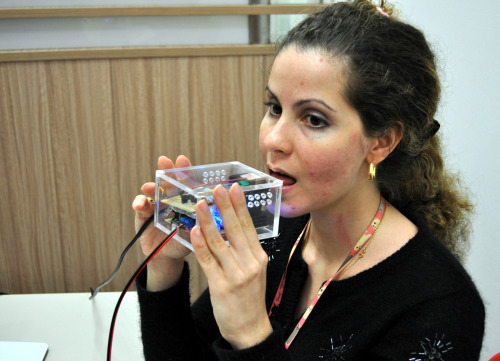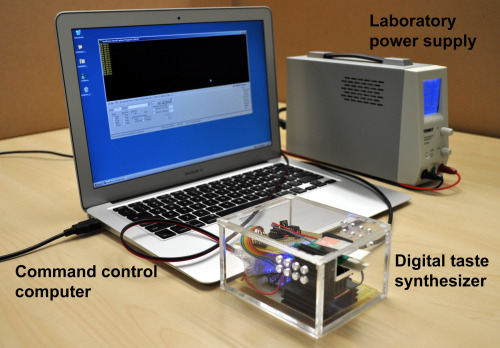Although we are now in the age of the Internet, our schools are still stuck in the industrial age. As a result, the gap between our schools and reality is widening and could end in total disruption.
There is a clear link between our schools and the factories of the industrial age. In the production line system developed in the 19th and 20th centuries, each individual had to work at the pace of the industrial process, completing repetitive tasks, and was often banned from speaking.
The current school system is eerily similar. Students move along a linear progression of years, semesters and subjects. Every student studies at the same pace, receives grades and takes exams at the same time. If you excel at maths, you are likely to get bored. If you are bad at maths, you are likely to receive bad grades. No matter, everyone must move straight along the production line and repeat the same task over and over again to pass the exam. In class, you are not allowed to talk but must sit passively and let the teacher transfer information at a set speed.
It is not surprising that schools are modelled on the production line. Society, government and businesses needed manpower for the factories and companies of the industrial age. They set up systems that moulded workers into such manpower.
This model is archaic and unsuited for the Internet age, the age of knowledge. Firstly, we do not need factory workers – we need entrepreneurs, inventors, creative business people and designers. It is difficult to compete in global manufacturing. We can compete only in high value-added sectors such as new products, new services and creative industries.
Secondly, the Internet age allows us to discard the linear model. We have the tools and the ability to learn at our own pace. In fact, we can revive some educational practices of the pre-industrial age, such as the apprentice system. Each person keeps working on something until he or she masters it. A maths exam need not be set for the whole class on a specific day. Instead, students can be given continuous online mini tests. When they have mastered one topic, they move on to the next at their own pace.
The main obstacles to implementing such a new model are the inertia and conservatism of the education sector. However, just like every other industry, education is being disrupted and revolutionized by the Internet. Classes and lectures will go online. Students can view them at their own pace and be evaluated interactively.
Students will be much happier because they can study independently and test their limits (this is how video games work, and games are a good model for learning). Homework, on the other hand, will be done in classrooms and lecture halls. Being physically together will be all about solving problems, doing projects, learning through practical tasks, and working in teams with other students and teachers.
Learning and knowledge production will be done simultaneously. This is much more suited to the great technological and social changes of the 21st century. We need to learn more about tacit knowledge rather than explicit knowledge. Explicit knowledge becomes rapidly out of date when technology is changing so quickly. Tacit knowledge helps us to deal with such change. So does learning by doing and working in teams.
via tumblr http://adriancheok.info/post/51739413370




